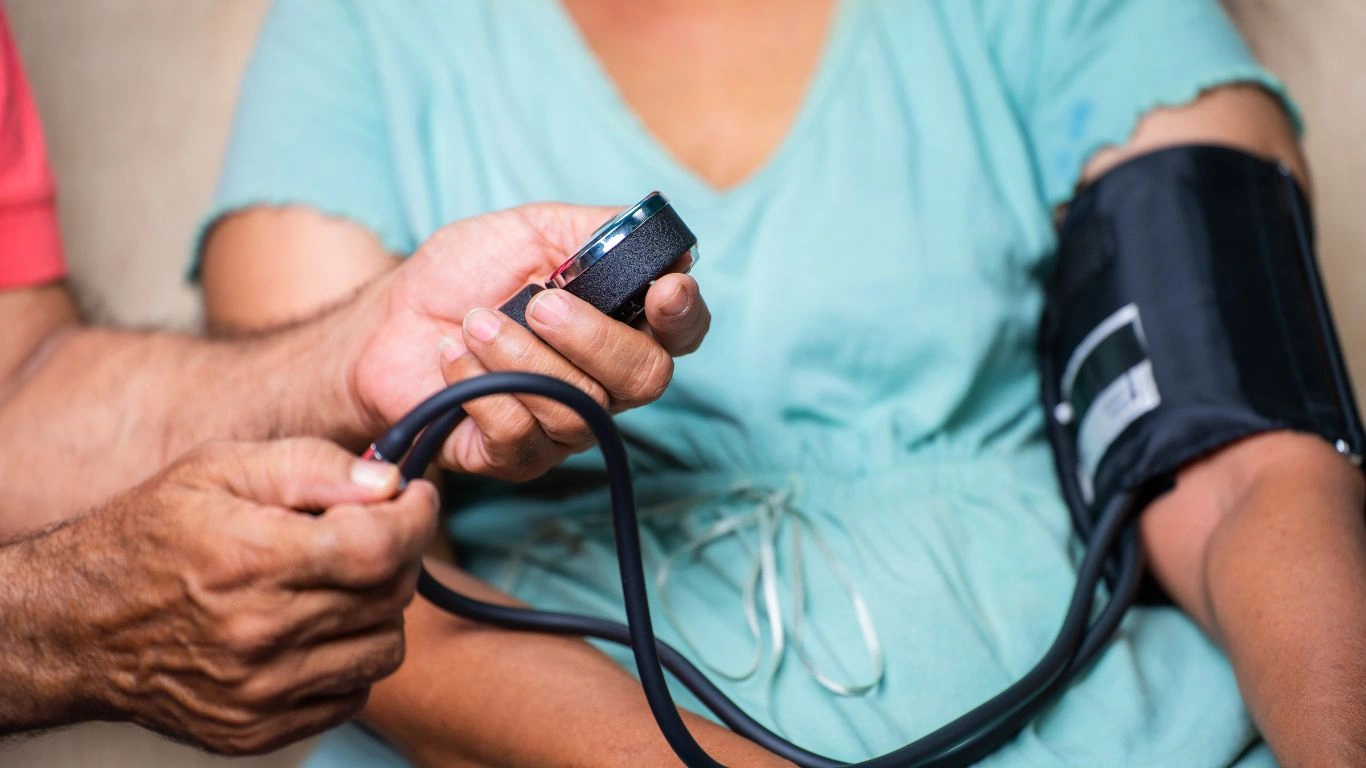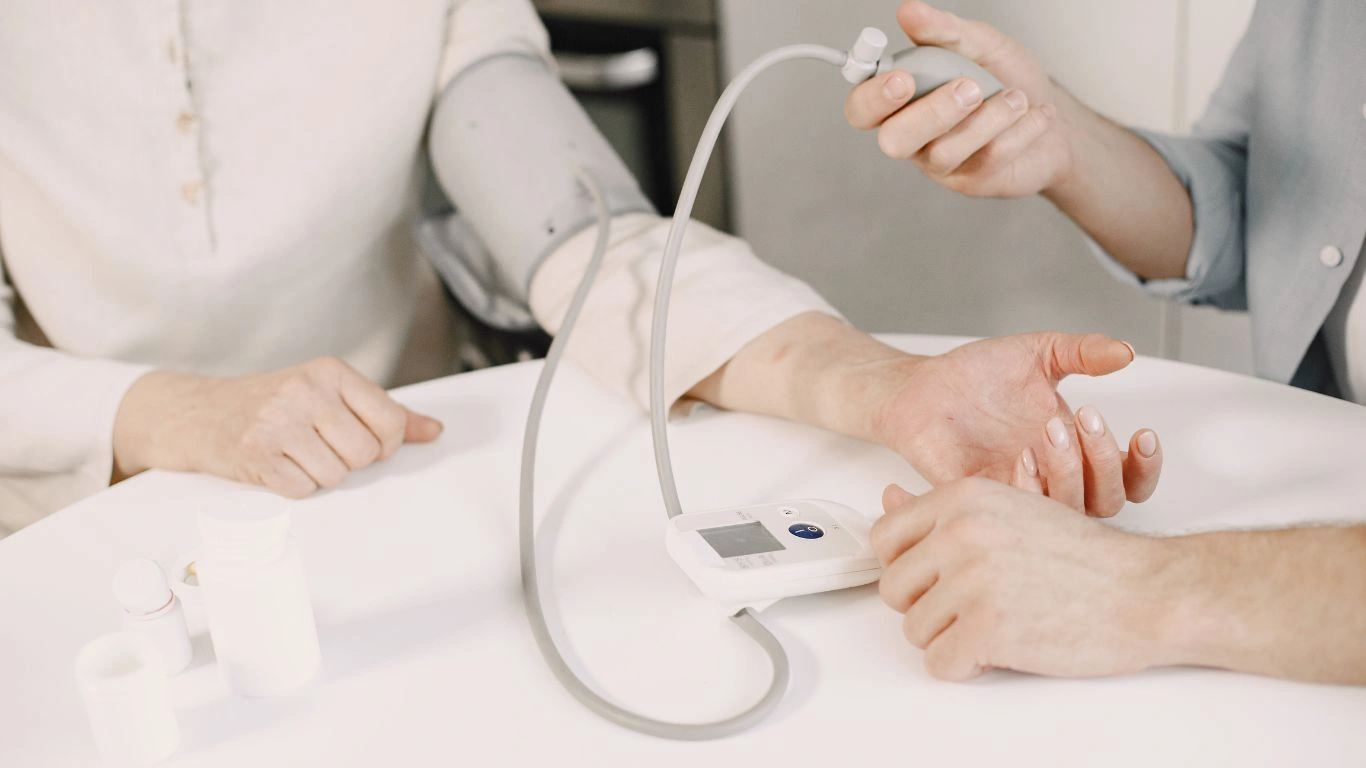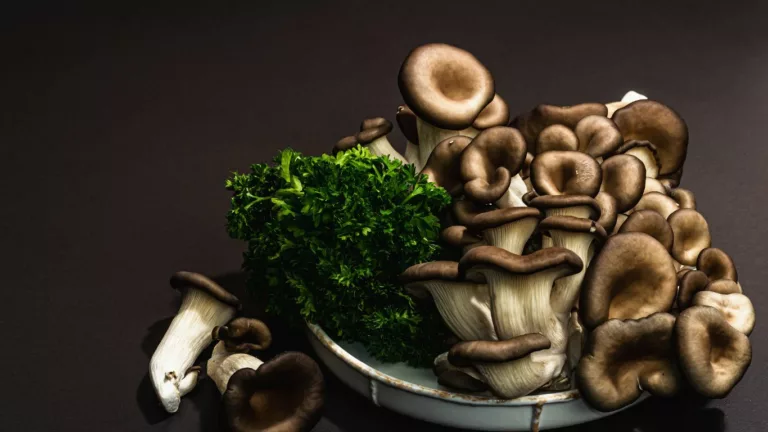Best Antihypertensive Spices for Cooking – A Flavorful Way to Health
Did you know that some of the tastiest spices in your kitchen can double as natural ways to help manage high blood pressure? Yep, it’s true! Let’s explore these amazing antihypertensive spices and how you can use them in your cooking.
Why Spices for Hypertension?
When it comes to managing blood pressure, most people think of cutting back on salt, processed foods, or going for medications. But guess what? Spices can be a delicious way to support your heart health too!

Many common spices are packed with compounds that help relax blood vessels, reduce inflammation, or improve circulation. Plus, they make your food taste amazing without needing extra salt.
Top Antihypertensive Spices
Here’s a rundown of some star spices that could help keep your blood pressure in check:
1. Garlic
Garlic isn’t just a flavor powerhouse—it’s also packed with allicin, a compound known to lower blood pressure. Studies have shown that regular consumption of garlic can reduce systolic and diastolic blood pressure. Try adding minced garlic to soups, stir-fries, or roasted veggies. Pro tip: let chopped garlic sit for a few minutes before cooking to maximize its health benefits.
2. Turmeric

This golden spice is a staple in many cuisines and for good reason. Curcumin, its active ingredient, has anti-inflammatory properties and can help improve blood vessel function. Add turmeric to curries, stews, or even a warm cup of golden milk for a comforting, heart-healthy boost.
3. Cinnamon
Cinnamon isn’t just for desserts! This aromatic spice has been linked to lower blood pressure and improved heart health. Sprinkle it on oatmeal, add it to smoothies, or mix it into savory dishes like chili or marinades.
4. Ginger

Ginger is another multitasking spice that helps with circulation and relaxes blood vessels. It’s perfect in teas, stir-fries, or even grated into salad dressings. Plus, it adds a zingy kick that’s hard to resist!
5. Cardamom
This aromatic spice is often used in Indian and Middle Eastern cooking. Studies suggest that cardamom can help lower blood pressure when consumed regularly. Toss it into rice dishes, chai tea, or even baked goods for a unique flavor twist.
How to Incorporate These Spices
Okay, now that you know which spices to focus on, let’s talk about how to actually use them. Here are a few simple ideas:

- Flavor swaps: Use garlic, turmeric, or ginger to replace some of the salt in your recipes.
- Spice blends: Create your own blend using cinnamon, cardamom, and cayenne for rubs or marinades.
- Herbal teas: Brew fresh ginger or cardamom with a touch of honey for a soothing drink.
- Everyday cooking: Add these spices to soups, curries, or stir-fries—you’ll barely notice the health boost because the flavors are so good!
Tips for Getting the Most Out of Spices
To maximize the benefits of these spices:
- Use fresh spices: The fresher the spice, the more potent its health properties.
- Combine wisely: Pair spices like turmeric with black pepper to enhance absorption.
- Be consistent: Regular use is key—don’t just sprinkle them on a whim.
- Consult your doctor: If you’re on medication, check with your healthcare provider to ensure there are no interactions.
Conclusion
Incorporating antihypertensive spices into your meals is a tasty, natural way to support your heart health. Not only will your food burst with flavor, but you’ll also be giving your body a boost in the process. So, raid your spice rack and get cooking—it’s a win-win for your taste buds and your health!
Appendices
FAQs
- Which spice is the best for lowering blood pressure quickly? Garlic is often cited as one of the most effective spices for lowering blood pressure due to its allicin content.
- Can I combine these spices for better results? Absolutely! Combining spices like turmeric and black pepper can even enhance their benefits.
- Are there any side effects of using these spices? Most spices are safe in moderation, but excessive consumption may cause stomach upset or interact with medications. Always consult a doctor if unsure.
- How often should I use antihypertensive spices? Consistent use in daily cooking is recommended for best results.
- Are these spices a replacement for medication? No, they’re a complementary approach. Always follow your doctor’s advice regarding blood pressure management.
References
- Smith, J., et al. (2023). The Role of Natural Spices in Hypertension Management. Journal of Herbal Medicine, 12(3), 45-60.
- World Health Organization (2024). Dietary Approaches for Hypertension. Retrieved from WHO.
- American Heart Association (2024). Managing Blood Pressure Through Diet. Retrieved from AHA.
Disclaimer: This article is for informational purposes only and does not replace professional medical advice. Always consult a healthcare provider for personalized recommendations.

Dr. Gwenna Aazee is a board-certified Internal Medicine Physician with a special focus on hypertension management, chronic disease prevention, and patient education. With years of experience in both clinical practice and medical writing, she’s passionate about turning evidence-based medicine into accessible, actionable advice. Through her work at Healthusias.com, Dr. Aazee empowers readers to take charge of their health with confidence and clarity. Off the clock, she enjoys deep dives into nutrition research, long walks with her rescue pup, and simplifying medical jargon one article at a time.







